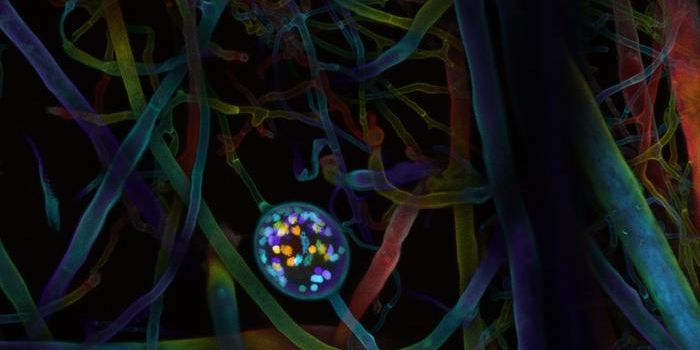Gray wolves were hunted into near extinction by the early 1930s in Washington state and in 1978 the U.S. Fish and Wildlife Service listed the gray wolf as endangered in most of the country. In Washington state, they are still listed as endangered, however in recent years under state-sponsored programs to reintegrate the animals into the wilderness, gray wolf populations have been rebounding. The first breeding pair was confirmed in 2008 and there are now 19 packs in the state. The 19 confirmed gray wolf packs comprise 90 wolves, according to a June census by the state Department of Fish and Wildlife. Yet that’s still quite a small number. So it’s no surprise that there has been quite the controversy over the recent news that 11 individuals (12% of the whole population) who make up the “Profanity Peak” pack have been ordered for execution with the guilty charge of preying on cattle.
The problem arose in early July when ranchers began noting when dead calves in the area that's home to the pack — six adults and five cubs who mainly roam the northern half of the Colville Confederated Tribe reservation in Ferry County — according to a Fish and Wildlife document (PDF) obtained by NBC News. Deliberations on what's called a "lethal removal action" began after seven more calves were found dead or injured from July 12 to Aug. 3, according to the document. On Aug. 5, state Department of Fish and Wildlife officials culled two members of the pack, including one breeding female, in the hopes of preventing further livestock deaths. However, after two more calf carcasses and an injured calf were discovered in a grazing area last Friday, State Fish and Wildlife Director Jim Unsworth officially approved the order to execute the entire pack, said Donny Martorello, who directs wolf policy for the department.
"The department is committed to wolf recovery, but we also have a shared responsibility to protect livestock from repeated depredation by wolves," Martorello said.
However, that’s not the only opinion that surrounds the state’s decision.
Local conservation group expressed great disappointment: The Center for Biological Diversity, said it was “deeply saddened that wolves [were] going to die.”
“It’s tragic to see wolves killed, and I hope we continue to see growing wolf populations in Washington despite the yearly culling that inevitably takes place,” Nick Cady, the legal director at Cascadia Wildlands, said in a statement ahead of the shootings. “I do not believe it makes sense to spend taxpayer dollars to kill wolves in remote roadless areas on public lands.”
Sources:
The Huffington Post,
ABC News,
NBC News









